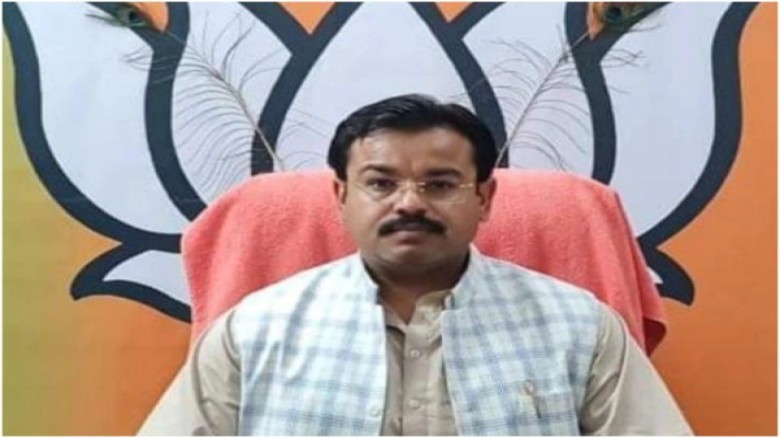International

The top court also said the 'victims' were denied "a fair and effective hearing" in the high court, noting that a 'victim' has unbridled participatory rights from the stage of investigation till the culmination of the proceedings in an appeal or revision.
Digital Desk: Ashish Mishra, the son of Union Minister Ajay Mishra and an accused in the Lakhimpur Kheri violence case, surrendered to the district prison on Sunday, a week after the Supreme Court terminated his bail and ordered him to surrender within a week. Ashish Mishra is back in jail, according to Jail Superintendent PP Singh. The media were not permitted on the court grounds.
The top court also said the 'victims' were denied "a fair and effective hearing" in the high court, noting that a 'victim' has unbridled participatory rights from the stage of investigation till the culmination of the proceedings in an appeal or revision.
On October 3, 2021, eight persons were murdered in the violence. A vehicle was driven by Mishra reportedly ran over four farmers and a journalist. Three persons were slain in the subsequent violence: two political staffers and a driver.
Also Read: Brazilian man sets record by working at the same company for 84 years
Mishra was ordered to surrender within a week by a bench led by Chief Justice of India NV Ramana. It urged the high court to reconsider his release application after hearing from the victims' relatives, who complained about not having enough time to contest the bail application.
The panel, which also comprised justices, Surya Kant and Hima Kohli, found that the high court owed it to the next of kin of those slain in the violence at every step of the proceedings till it concluded.
It claimed that the high court erroneously relied significantly on the first information report for granting Mishra's bail application even though the charge sheet in the case had not yet been submitted.
On November 17, the bench established a new Special Investigation Team (SIT) to investigate the violence, including three Indian Police Service personnel.
The Supreme Court, which launched the proceedings suo moto (on its own motion), also nominated former Punjab and Haryana high court judge Rakesh Kumar Jain to oversee the investigation into the violence.
After Mishra was granted bail on February 10, family members of the three victims petitioned the Supreme Court to have it revoked.
While reserving its decision on the plea on April 4, the court stated that it expected the Uttar Pradesh government to oppose Mishra's bail after the SIT's suggestion to appeal the respite to the main accused in the case twice in February.
The state administration, for its part, has expressed hesitation, stating that Mishra is neither a flight risk nor a threat to the witnesses in the case. The government, while tacitly supporting the high court's February 10 ruling, noted that it did not accept the suggestion of the top court-mandated SIT seeking termination of Mishra's bail since the team's concerns about threats to witnesses were unsubstantiated.
The plea for bail cancellation was submitted by the family of three of the victims killed in the incident, Jagjeet Singh, Pawan Kashyap, and Sukhwinder Singh. Ashish Mishra was detained on October 9 after the Supreme Court chastised the state government for how it handled the investigation in the matter.
Victims' kin expressed concern in their petition that witnesses in the court would be intimidated since the accused is powerful. They claimed that the bail order failed to take into account the horrific nature of the crime, the overwhelming evidence against the accused in the charge sheet, the risk of the accused fleeing justice, and the danger of him tampering with evidence or influencing witnesses.
The plea questioned the inferences drawn by the high court by saying, "There might be a possibility that the driver tried to speed up the vehicle to save himself, on account of which, the incident had taken place."
Leave A Comment